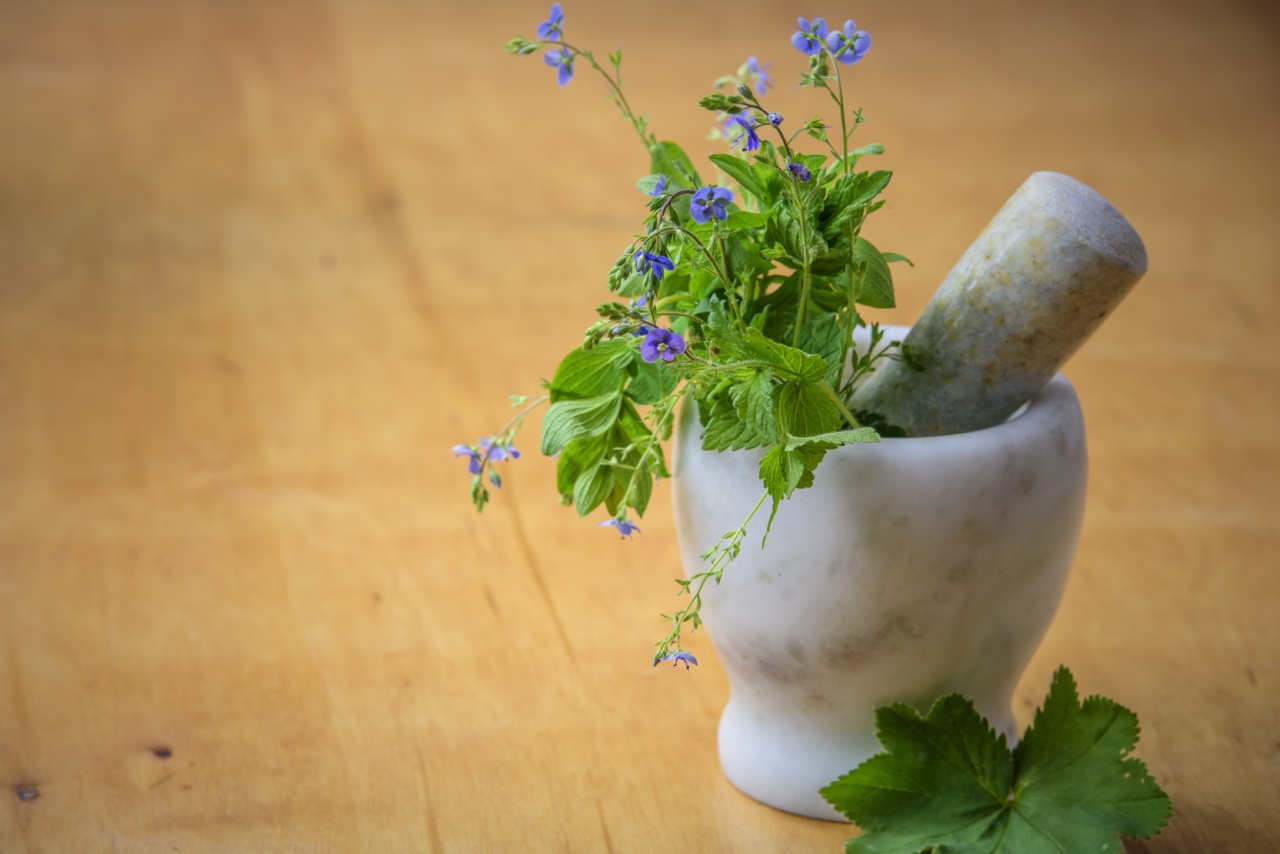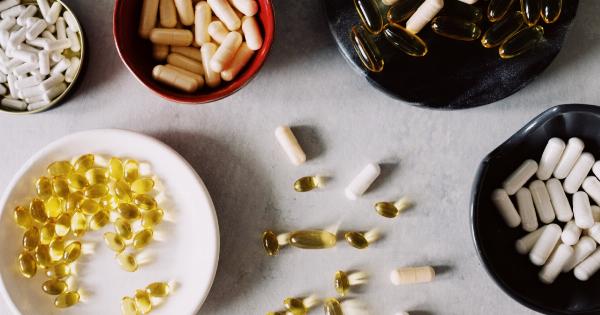Cholesterol is an essential substance in our body, but high levels of cholesterol in blood can lead to serious health problems such as heart disease, stroke, and atherosclerosis.
There are many ways to lower cholesterol levels, including medication and lifestyle changes such as exercise and diet. However, herbs and spices have also been found to have cholesterol-lowering properties. In this article, we will explore five herbs that can help you in your battle against high cholesterol.
1. Garlic
Garlic has been used as a medicinal herb for centuries. Studies show that garlic can reduce LDL (bad) cholesterol levels and increase HDL (good) cholesterol levels. It works by inhibiting the liver’s production of cholesterol.
Garlic can also help to lower blood pressure.
You can eat garlic as a spice in your meals, or you can take garlic supplements. It is recommended to take 600-1200 mg of garlic extract per day to see the benefits.
Garlic can interact with blood-thinning medication, so consult with your doctor before taking garlic supplements if you are on medication.
2. Turmeric
Turmeric is a spice commonly used in Indian and Middle Eastern cuisine. It contains a compound called curcumin, which has anti-inflammatory and cholesterol-lowering properties.
Studies have shown that curcumin can reduce LDL cholesterol levels and increase HDL cholesterol levels.
You can add turmeric to your meals as a spice, or you can take turmeric supplements. It is recommended to take 500-2000 mg of turmeric extract per day to see the benefits.
Turmeric can interact with blood-thinning medication, so consult with your doctor before taking turmeric supplements if you are on medication.
3. Ginger
Ginger is a spice commonly used in Asian cuisine. It contains compounds called gingerols and shogaols, which have anti-inflammatory and cholesterol-lowering properties.
Studies have shown that ginger can reduce LDL cholesterol levels and increase HDL cholesterol levels.
You can add ginger to your meals as a spice, or you can make ginger tea by boiling sliced ginger in water. It is recommended to drink two to three cups of ginger tea per day to see the benefits.
Ginger can interact with blood-thinning medication, so consult with your doctor before taking ginger supplements if you are on medication.
4. Cinnamon
Cinnamon is a spice commonly used in sweet dishes. It contains a compound called cinnamaldehyde, which has anti-inflammatory and cholesterol-lowering properties.
Studies have shown that cinnamon can reduce LDL cholesterol levels and increase HDL cholesterol levels.
You can add cinnamon to your meals as a spice, or you can take cinnamon supplements. It is recommended to take 500-2000 mg of cinnamon extract per day to see the benefits.
Cinnamon can interact with blood-thinning medication, so consult with your doctor before taking cinnamon supplements if you are on medication.
5. Fenugreek
Fenugreek is a herb commonly used in Indian and Middle Eastern cuisine. It contains a compound called saponins, which have cholesterol-lowering properties.
Studies have shown that fenugreek can reduce LDL cholesterol levels and improve blood sugar control in people with type 2 diabetes.
You can add fenugreek seeds to your meals as a spice, or you can take fenugreek supplements. It is recommended to take 500-1000 mg of fenugreek extract per day to see the benefits.
Fenugreek can interact with blood-thinning medication, so consult with your doctor before taking fenugreek supplements if you are on medication.
Conclusion
Herbs and spices can be a natural and effective way to lower cholesterol levels. However, it is important to remember that they should not replace medication and lifestyle changes recommended by your doctor.
Always consult with your doctor before taking supplements, and be aware of any potential interactions with other medication you may be taking. Incorporating these five cholesterol-fighting herbs into your diet can help support your overall health and well-being.


























